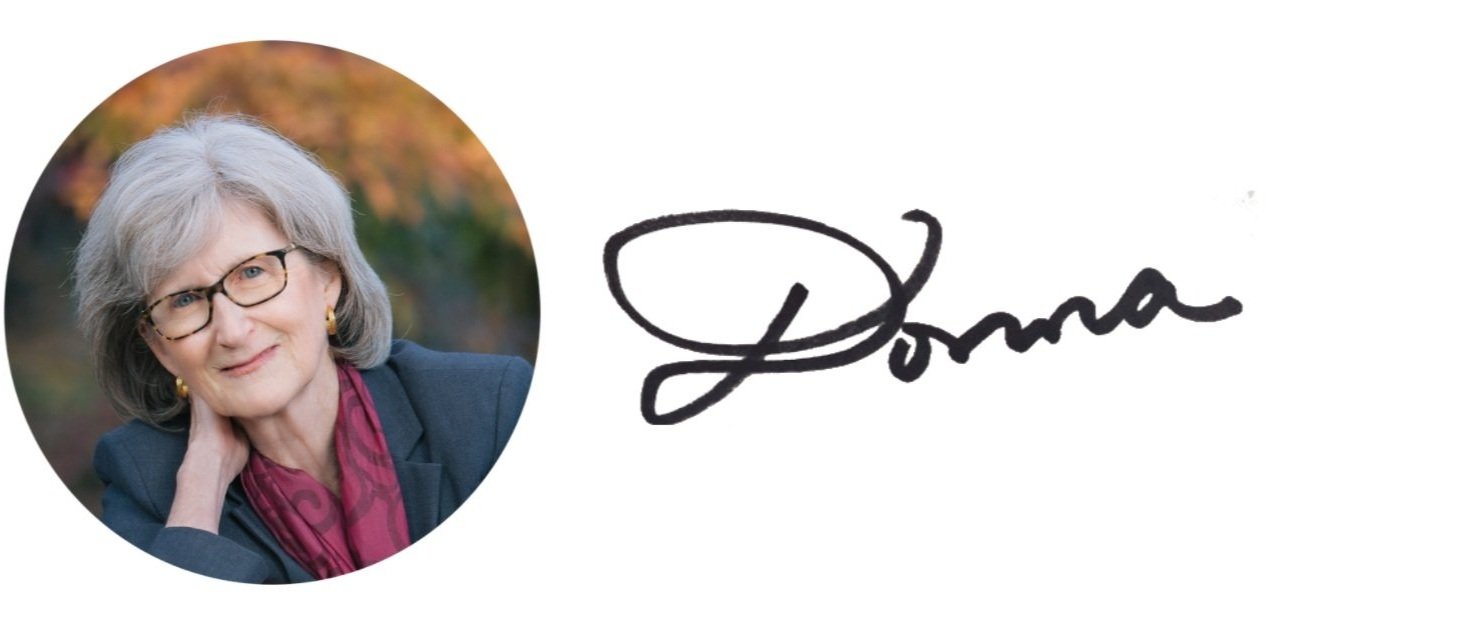I had the privilege of living and working in the Christ House community for eight years. Washington DC’s Christ House is a live-in facility dedicated to helping the homeless recover from serious physical and mental illness and addiction. The staff combines conventional medical and psychiatric care with the key ingredients of love, respect, time, community, and prayer. This has proven to be a a successful recipe for healing since 1985 when Christ House was founded.
While reading the recent highly acclaimed book by Victoria Sweet, MD, Slow Medicine, I immediately thought of Christ House. For Dr. Sweet, “slow medicine” means “stepping back and seeing the patient in the context of his environment,” and providing medical care that is “slow, methodical and step-by-step.” This is an apt description of what Christ House provides for its residents.
The key difference between “slow medicine” and “fast medicine’” is time. We all need the speed and technology of “fast medicine” for our heart attacks, appendicitis, and other serious or acute conditions. But there are downsides to an overemphasis on “fast medicine.” Over-reliance on medications instead of life-style change for obesity, diabetes, or arthritis brings with it risks of side-effects and complications from the medicines. The unnecessary tests, surgeries, and procedures that are all too common in our hurry-up and do-more health care system also come with risks.
Rushed clinic visits contribute to the over reliance on “fast medicine.” The schedule often does not allow time for counseling, education, observation and close follow-up. We as patients are also guilty of sometimes pushing for the test, the medication, the injection, or the operation because we think the results will be better and faster. But multiple studies confirm that more tests and treatment do not always translate to better results.
The anonymous author of the poem This is Christ House clearly benefited from “slow medicine.”
This is Christ House
In desperate need of somewhere to be. Cold and sick. Life is misery.
A door is opened. You are welcomed inside. You feel such relief, yet your feelings you hide.
This is Christ House.
In a quiet still moment you finally see. This is the place God wants you to be.
This is Christ House.
A place where I heal, learn again how to feel what is good and what is real.
This is Christ House.
Given a chance, in time I will recover from pain, grief, and strife and come to appreciate how God has changed my life.
This is Christ House.
So much to learn, a lot to teach, and recovery is always within reach.
This is Christ House.
SUGGESTIONS:
1. Consider volunteering or donating to Christ House.
2. Read Victoria Sweet’s two books, Slow Medicine, and her earlier work, God’s Hotel.
3. Ask your doctor very direct questions before starting a new medicine or undergoing a procedure or operation: What alternative management is possible? What are the risks? Can I try exercise, weight loss, physical therapy, counseling, etc. first and see how I do?
4. If you are ill or have an ailment and it is not an emergency, be sure to consider these roads to recovery: waiting and observing, rest, prayer, walking, healthier eating, stress reduction, and physical or mental therapy. You truly can find your own path to serenity and health!
God bless all of you.
P.S. Don’t forget to sign up for my monthly blog or follow me on Facebook or Donna Chacko on Twitter. If my message helps you in any way, please consider sharing it with others.
Dr. Donna Chacko promotes health of body, mind, and spirit through her website (serenityandhealth.com), her blog, and programs at her church. She is the author of the award-winning book and Amazon best-seller Pilgrimage: A Doctor’s Healing Journey (Luminare Press, 2021). You can read her full bio here.























How The Daniel Plan helped kick-start his weight loss.